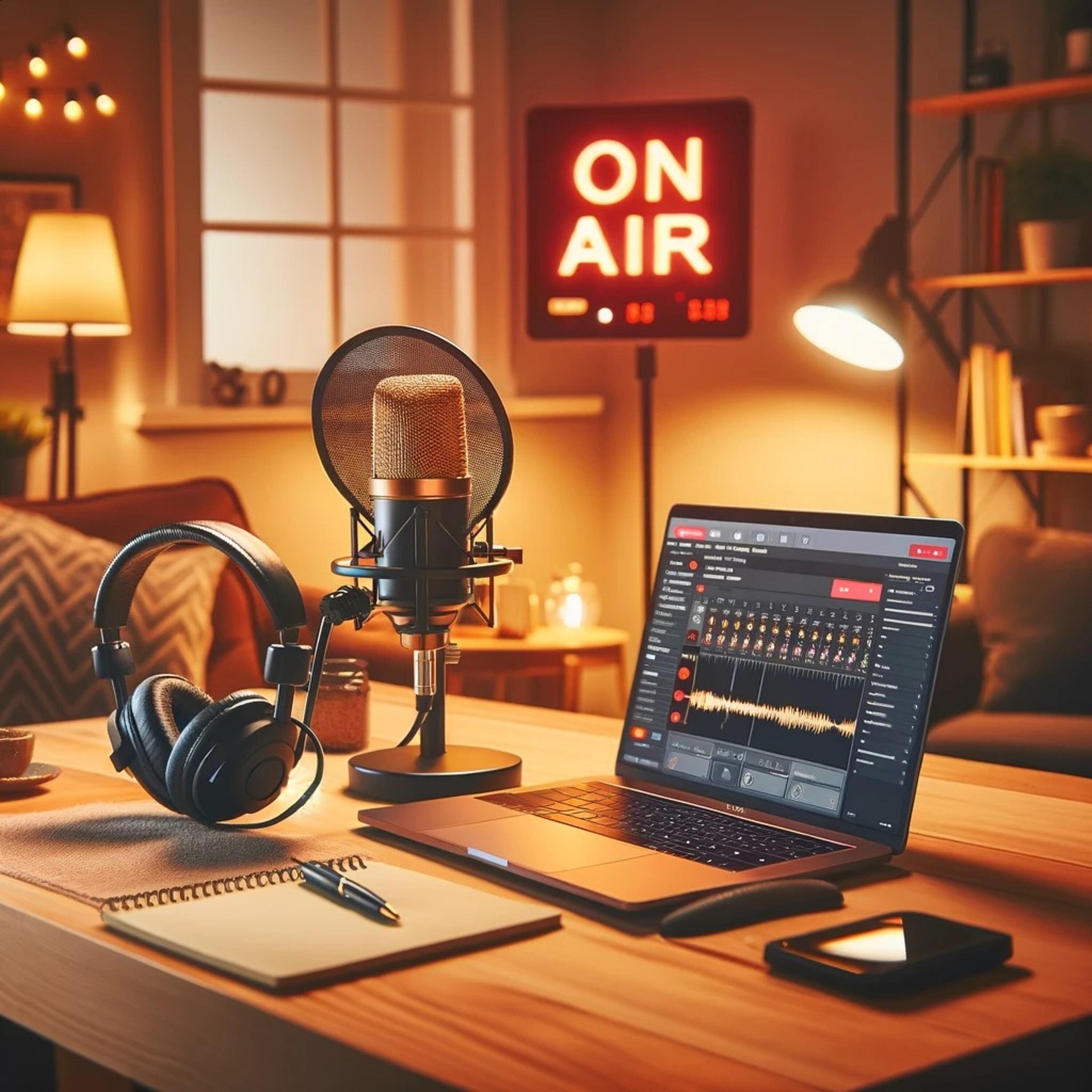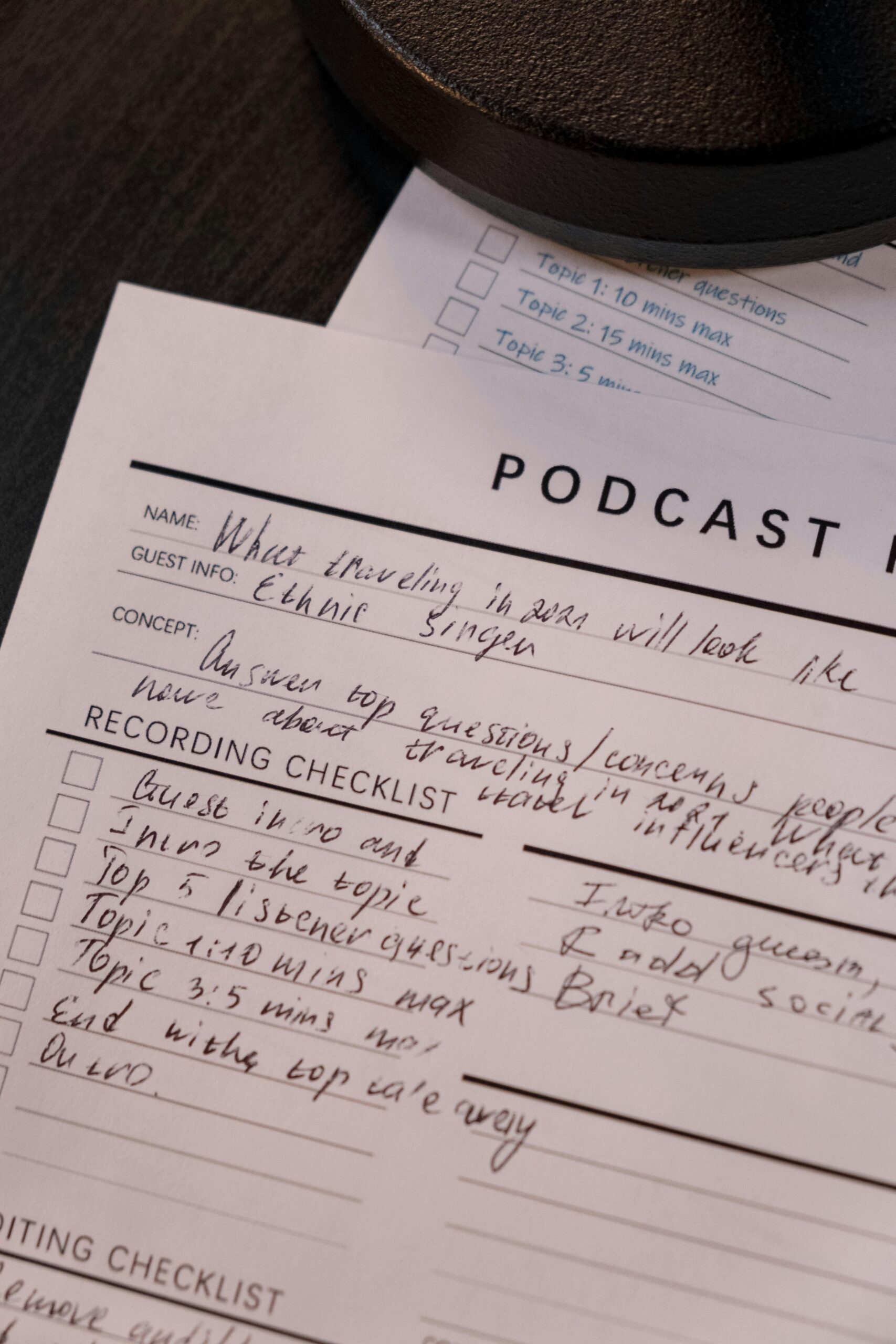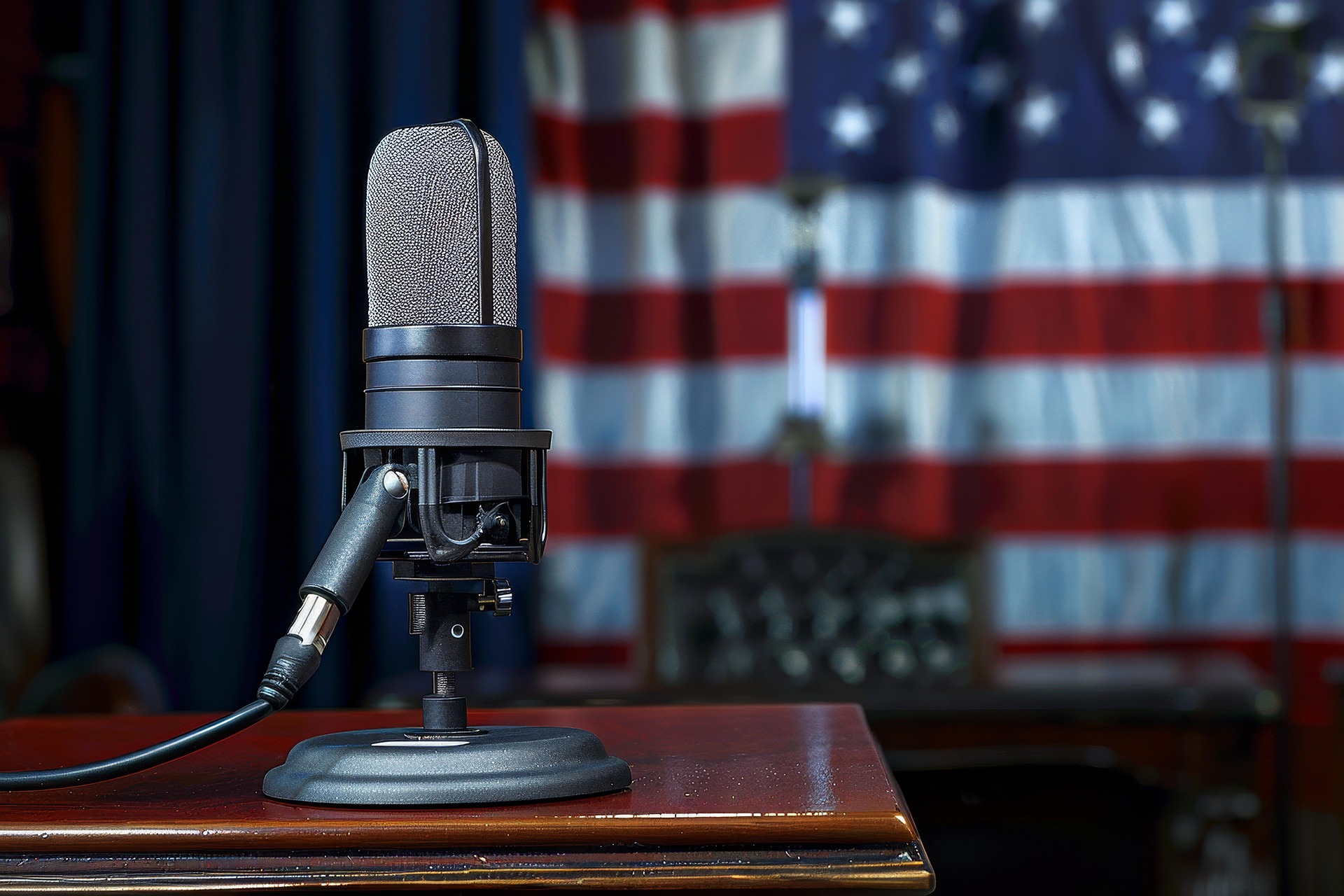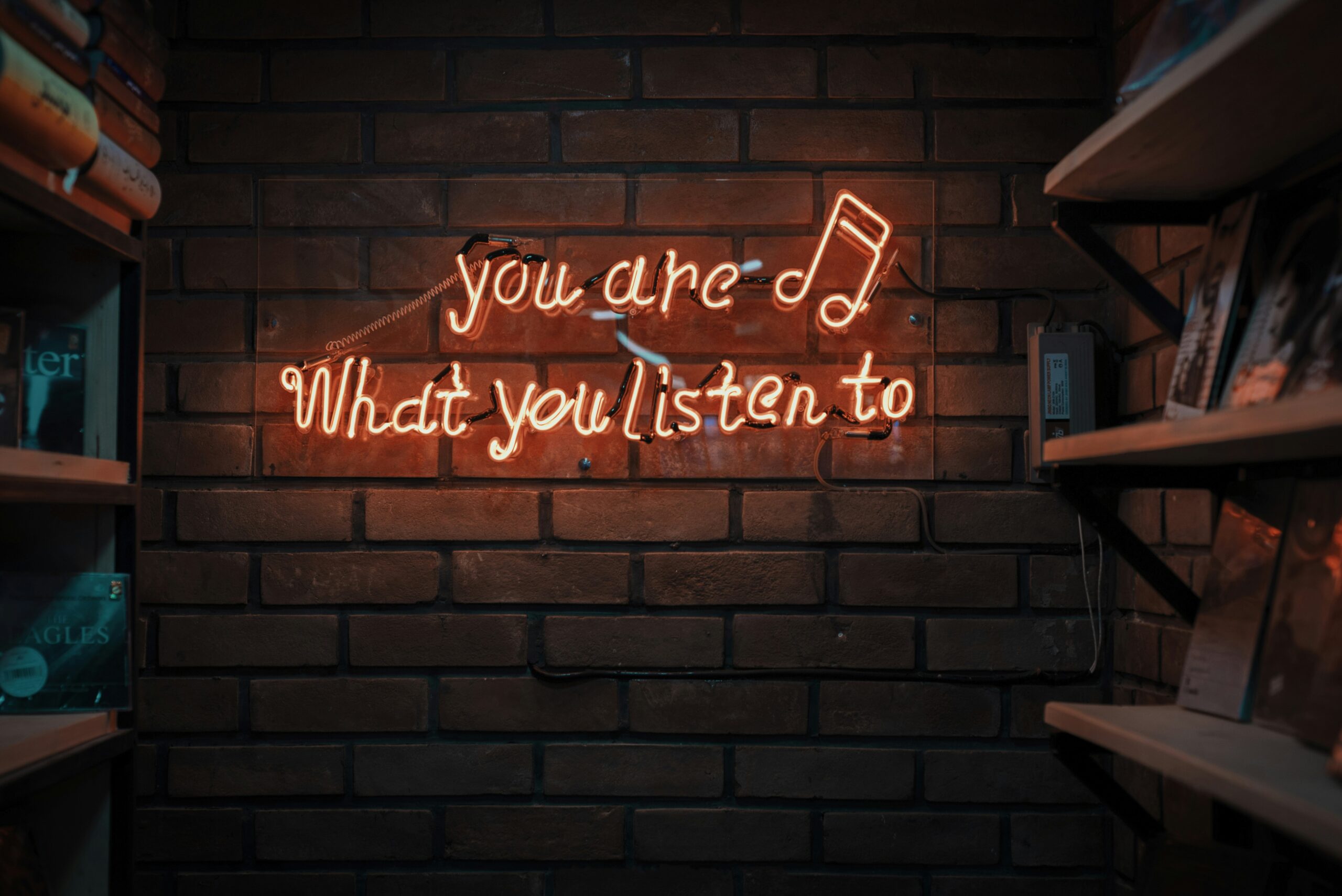Podcasts are becoming a hugely popular medium for sharing stories, information, and entertainment. (The Top 25 Podcasts in the UK for Q3 2024 – Edison Research)
Working in podcast production you have legal challenges which you need to navigate carefully..


About Us
Charles Milnes & Company, based in Broadway Market, the heart of creative London, we are passionate about what we do and proud to support every client as they develop and succeed.
Committed to providing you with friendly, careful and balanced advice, we always keep a close eye on cost and efficiency. Our approach is personal and progressive – working only with the very best providers and products available.
Some of the things to watch out for:

Copyright Infringement
This can occur if you use copyrighted speech recording, clips, published material, music, images, or other content without proper permission or licensing. To avoid this, you should either use royalty-free or Creative Commons licensed content or obtain explicit permission from copyright holders. (About CC Licenses – Creative Commons)

Fair Dealing
Additionally, be aware of the concept of fair use or fair dealing, which allows limited use of copyrighted material without permission under certain conditions, such as commentary, criticism, or parody as well as teaching or non-commercial research.. However, fair use is a complex legal doctrine, so you should seek legal advice to ensure compliance.(also see Exceptions to copyright – GOV.UK)

Defamation/Libel/Slander
Hosts, presenters and guests need to be cautious about making false or untrue statements about individuals or organisations. Defamation involves making a false statement that harms someone’s reputation. To avoid defamation claims, ensure that all information shared is accurate and well-researched. Also consider including disclaimers stating that the opinions expressed are those of the hosts and not necessarily factual.

Privacy concerns
Recording conversations, without consent, can lead to legal trouble, especially in jurisdictions with strict privacy laws. You should obtain explicit consent from your guests and inform them about how the recordings will be used. Additionally, be mindful of discussing private information about individuals without their consent, as this can lead to invasion of privacy claims.

Commercial Speech Regulations
Where you include advertisements or sponsored content, you must comply with advertising laws and disclose any sponsorships to maintain transparency with listeners. The Advertising Standards Authority (ASA) in the UK requires clear and conspicuous disclosure of any material connections between the podcaster and the sponsor. Failure to comply with these regulations can result in fines and other penalties.Where the podcast production is downloaded in the US the Federal Trade Commission (FTC), for example, requires clear and conspicuous disclosure of any material connections between the podcaster and the sponsor. Failure to comply with these regulations can result in fines and other penalties.(Recognising ads: Podcasts and audio streaming – ASA | CAP)

Data Protection
You must also be aware of data protection laws, particularly the General Data Protection Regulation (GDPR) in the UK. If you collect personal data from your listeners, such as email addresses for newsletters, you must comply with GDPR requirements. This includes obtaining explicit consent from individuals before collecting their data, providing clear information about how the data will be used, and ensuring that the data is stored securely. (see the UK ICO website The UK GDPR | ICO)

Licensing and Royalties
Where you use music you should ensure that you have appropriate licenses and pay any required royalties. This can involve obtaining licenses from organizations such as PRS for Music and PPL in the UK. Failure to obtain the necessary licenses can result in legal action and financial penalties. (PRS for Music: royalties, music copyright and licensing)

Content Liability
You can also face liability for the content you produce. This includes potential legal action for spreading false information, discrimination, inciting violence, or promoting illegal activities

Accessibility
It is good practice to consider accessibility issues, particularly for listeners with disabilities. This can include providing transcripts of episodes, ensuring that websites are accessible, and using inclusive language. While not strictly a legal requirement, making content accessible can help podcasters reach a wider audience and demonstrate a commitment to inclusivity.
Conclusion
Charles MilnesBy being aware of these legal issues and taking proactive steps to address them, podcasters in the UK can create content that is both engaging and legally compliant.
Seeking legal advice and staying informed about relevant laws and regulations will help you navigate the legal landscape. With careful planning and attention to detail, you can focus on creating high-quality content that resonates with your audience while minimising legal risks. Leading media insurance broker Charles Milnes & Company (Charles Milnes | Rest Insured) have developed the first dedicated and comprehensive insurance policy to provide protection and control the risks.
Charles Milnes & Company

